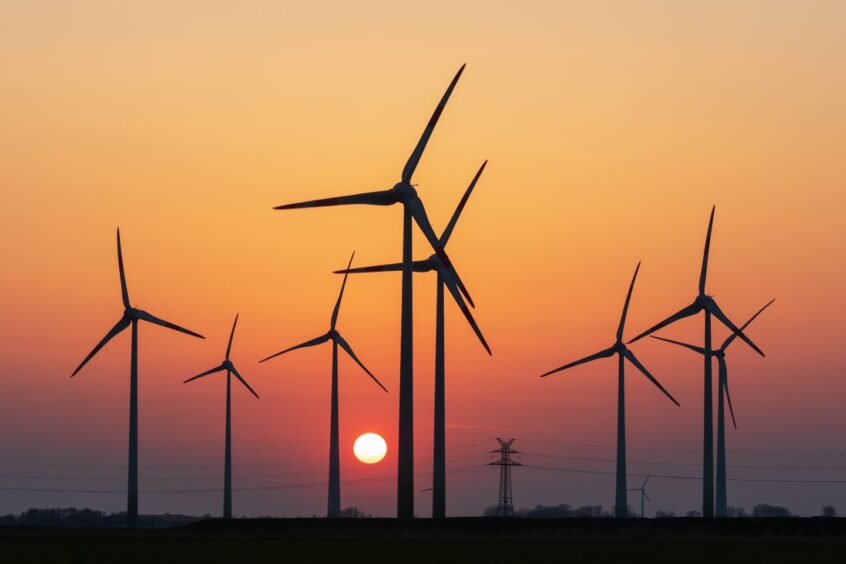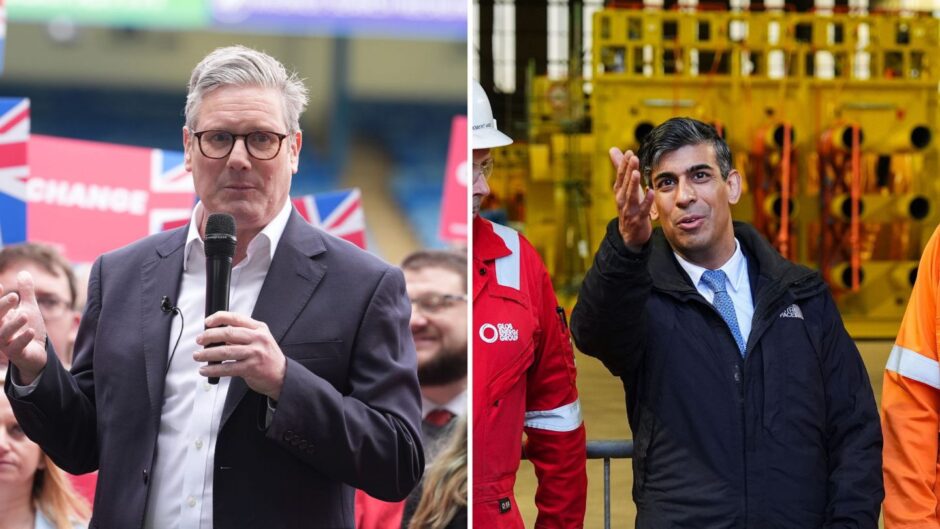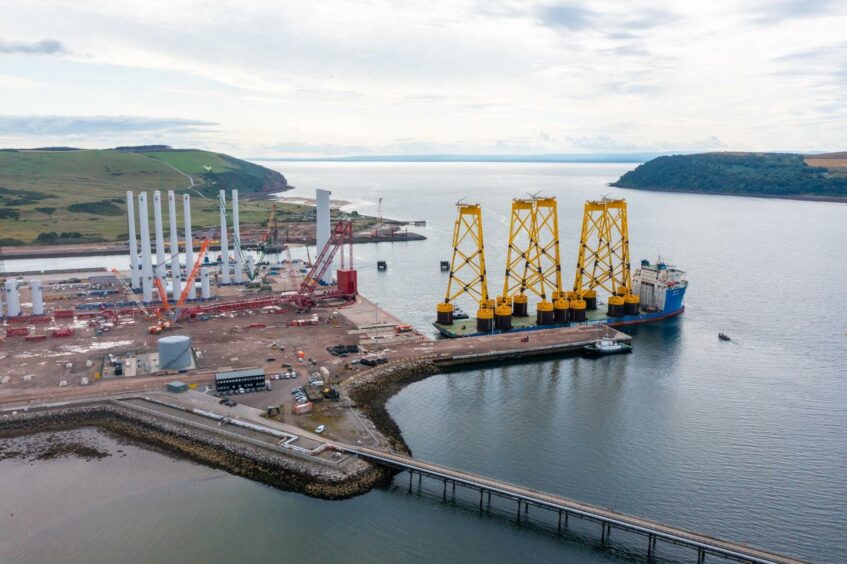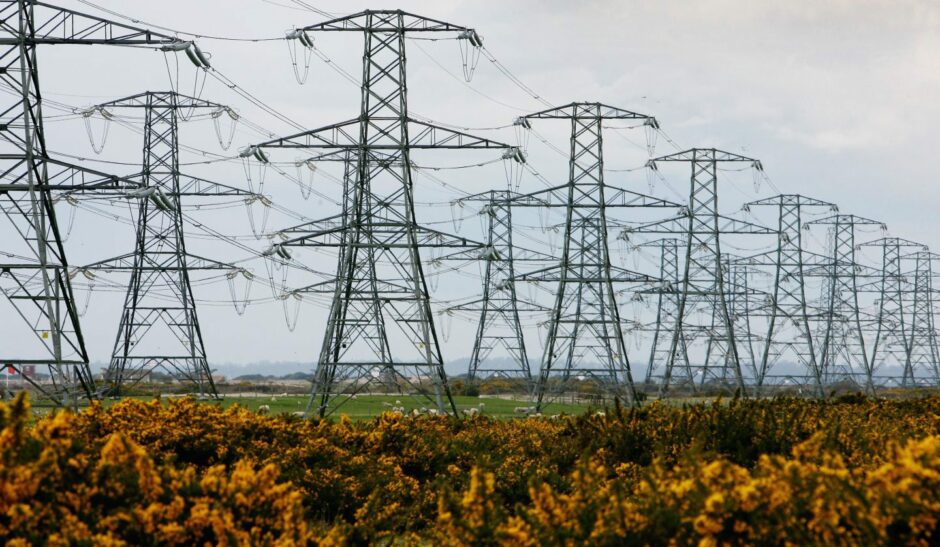
Bureau Veritas’ Global Energy Transition Report 2024 has found that 36% of survey respondents have seen more stability in the regulatory process since last year.
In 2023, Bureau Veritas reported that 98% saw regulatory barriers and uncertainty as issues hindering the energy transition. A year later, 40% said that the pace of permitting had improved – however, a further 40% argued for further simplification of government regulations.
Political uncertainty has been a major talking point within the UK energy sector of late, with the electorate set to cast their votes next week.
Viaro, TotalEnergies and Ping Petroleum have all been tipped to slow progress on UK projects due to political uncertainty, Energy Voice reported recently.
“The general election and Labour pledges around no new oil and gas licences are making it very challenging for producers to approach North Sea investments strategically,” said Viaro chief executive Francesco Mazzagatti.
Mr Mazzagatti added that his firm had put oil projects “on pause because of this”.
Fiscal uncertainty has also been impacting the UK renewables sector with the government’s latest Allocation Round turning out to be a complete failure for offshore wind.
It was revealed in September that there had been no successful bids for offshore wind in the UK’s Contracts for Difference (CfD) auction round.
Supply chain diversifies as constraints still hinder transition
With more than 800 respondents across 11 regions, Bureau Veritas’ report reflects the opinions of industry leaders and highlights the challenges facing the energy transition.
The usual suspects of government policy, grid access, and supply chain constraints, were all highlighted, with the group’s senior vice president saying: “This is a make-or-break decade for the climate.”
Bureau Veritas reported that 40% of respondents had cited supply chain constraints as a “short-term threat to the transition.”
Earlier this year, the Energy Industry Council produced similar findings, as 61% of the 38 energy leaders surveyed said net zero was at risk due to a lack of supply chain capacity.
However, half of those responding to Bureau Veritas’ questions praised the supply chain for its “efforts to improve diversification” since the 2023 survey.
Bureau Veritas senior vice president Joerg Gmeinbauer explained: “Our conclusion is clear. We need collaboration and intense effort to reach our goal of tripling up by 2030.
“We cannot allow these interconnected uncertainties to derail momentum. To do so would be to fail the world, and the people living in it.”
Despite last year being a record year for renewable energy, with 510 gigawatts (GW) of capacity added, there is still uncertainty that green energy can roll out quickly enough to meet targets.
As little as 30% of respondents believe that the industry will manage to triple renewables capacity by 2030 to meet targets.
Bureau Veritas says this is down to what it calls VUCA, or “vulnerabilities, uncertainties, complexities and ambiguities”.
The group says that VUCA is creating instability and serving to raise existing barriers, in writing.
“If supply chain costs dominate respondents’ worries, war comes a close second.”
Grid lock
A conversation about energy transition barriers would not be complete without touching on the grid.
In March, the Electricity System Operator (ESO) released a report calling for a £58 billion overhaul to the UK grid to meet the country’s “growing and decarbonising demand” for electricity by 2035.
Perhaps unsurprisingly, grid connection has proved to be a global issue for the energy transition, Bureau Veritas found.
A whopping 84% of respondents to the global energy industry survey pointed to the “urgent” need for grid investment to enable the move to cleaner energies.
Indeed, Bureau Veritas highlighted that one downside to the accelerated rollout of green energy infrastructure is the growing waiting times for grid connection. The industry body explained that this has become a “major issue.”
“Massive investment in public grids is seen as a top priority if the industry is to reach its goal of tripling up by 2030,” The Bureau wrote.
Waiting times for connection to the grid can be as long as 15 years in the UK.
Recently, Energy Voice’s sister publication E-FWD highlighted that there are now more than 340GW worth of projects – in various stages of development – waiting for a connection, in the UK alone.
Mr Gmeinbauer said: “Accelerating the transition means challenging everything to design better, build faster, and operate more efficiently. It means systemic transformation of energy systems, led by governments who are committed to providing a stable context for private investment.
“And it means tackling highly complex issues in areas ranging from financing and supply chains through to power grids.”
Recommended for you


 © Images: Gareth Fuller/PA Wire and Stuart Wallace/Shutterstock
© Images: Gareth Fuller/PA Wire and Stuart Wallace/Shutterstock © Supplied by SSE Renewables
© Supplied by SSE Renewables © PA
© PA